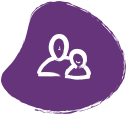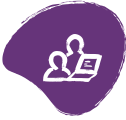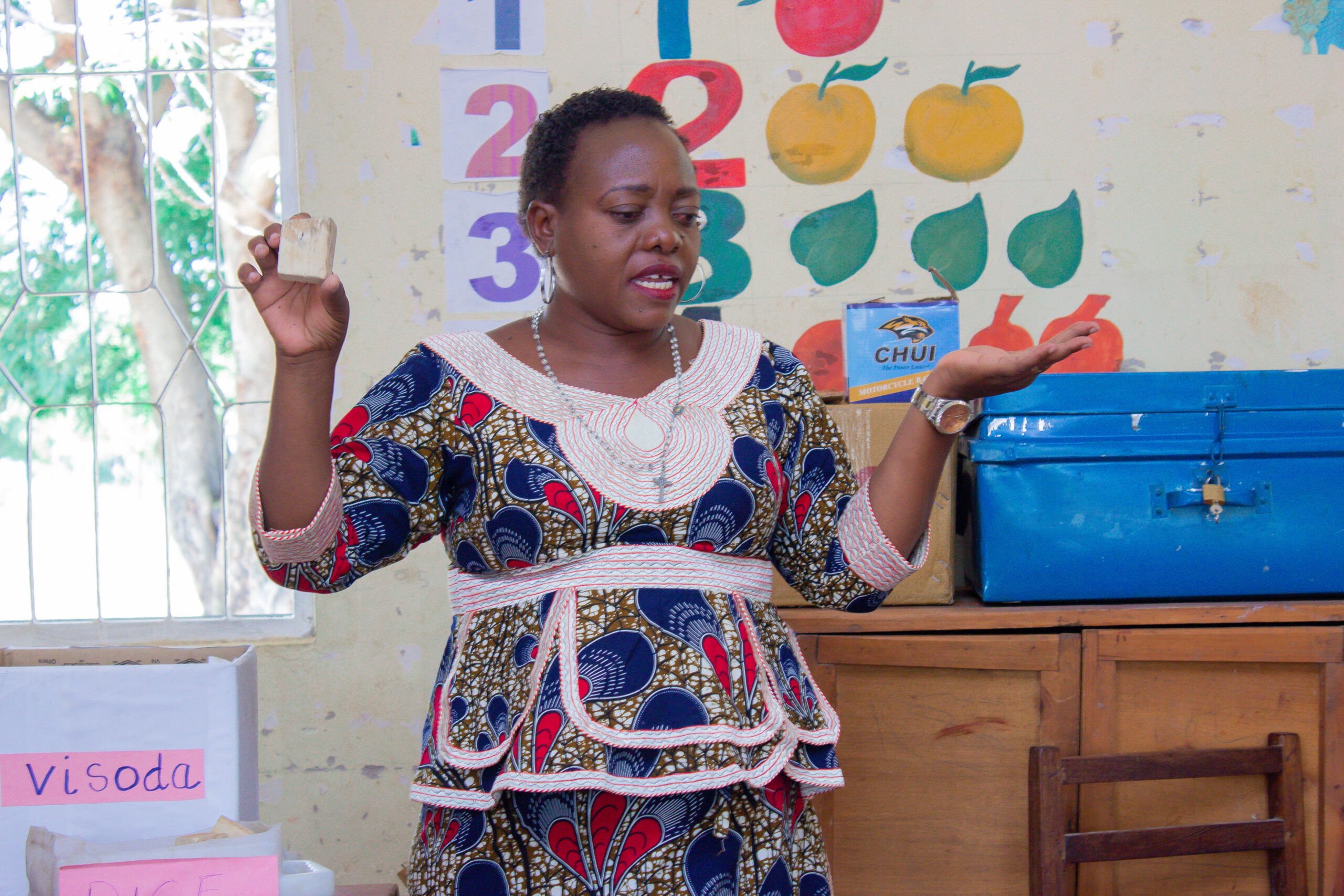Our work in Tanzania
Sense International is working in Tanzania to identify children with deafblindness early in their lives, and ensure that they go on to receive a quality education and the skills to start a business.
In Tanzania, an estimated 1.16million people live with a mild form of deafblindness and over 115,000 people live with a severe form of deafblindness.*
People with disabilities are among the poorest and most marginalised groups in Tanzania. They have often missed out on a formal education and are likely to be illiterate and unemployed.
Our programme in Tanzania addresses the needs of children with deafblindness from birth. We have built four early intervention units in government health centres to improve access to the facilities and equipment needed to screen infants for sight and hearing impairments. We are also building the skills of health workers to provide the therapies that will improve future outcomes for children with deafblindness.
We are improving educational opportunities for children with deafblindness, both at home and in school. Our projects have demonstrated the value of providing Teaching Assistants to support students with deafblindness in the classroom, and we continue to work with government to ensure that the education system is made more inclusive for students with disabilities.
Our livelihoods work supports young people with deafblindness to acquire skills that will enable them to start a business. We are helping a Vocational Education and Training Centre to become more inclusive, ensuring that courses are tailored to the needs of students with deafblindness. We are also supporting young people with deafblindness to become active participants in their local communities through their income generating activities.
 Early intervention, Kenya
48,532 children
Early intervention, Kenya
48,532 children
were screened deafblindness or other complex disabilities following screening and are being provided with appropriate support.
 Sensory screening, Peru
3 children
Sensory screening, Peru
3 children
sensory screening rooms were were established in the regions of Ica, Apurimac and Tumbes.

